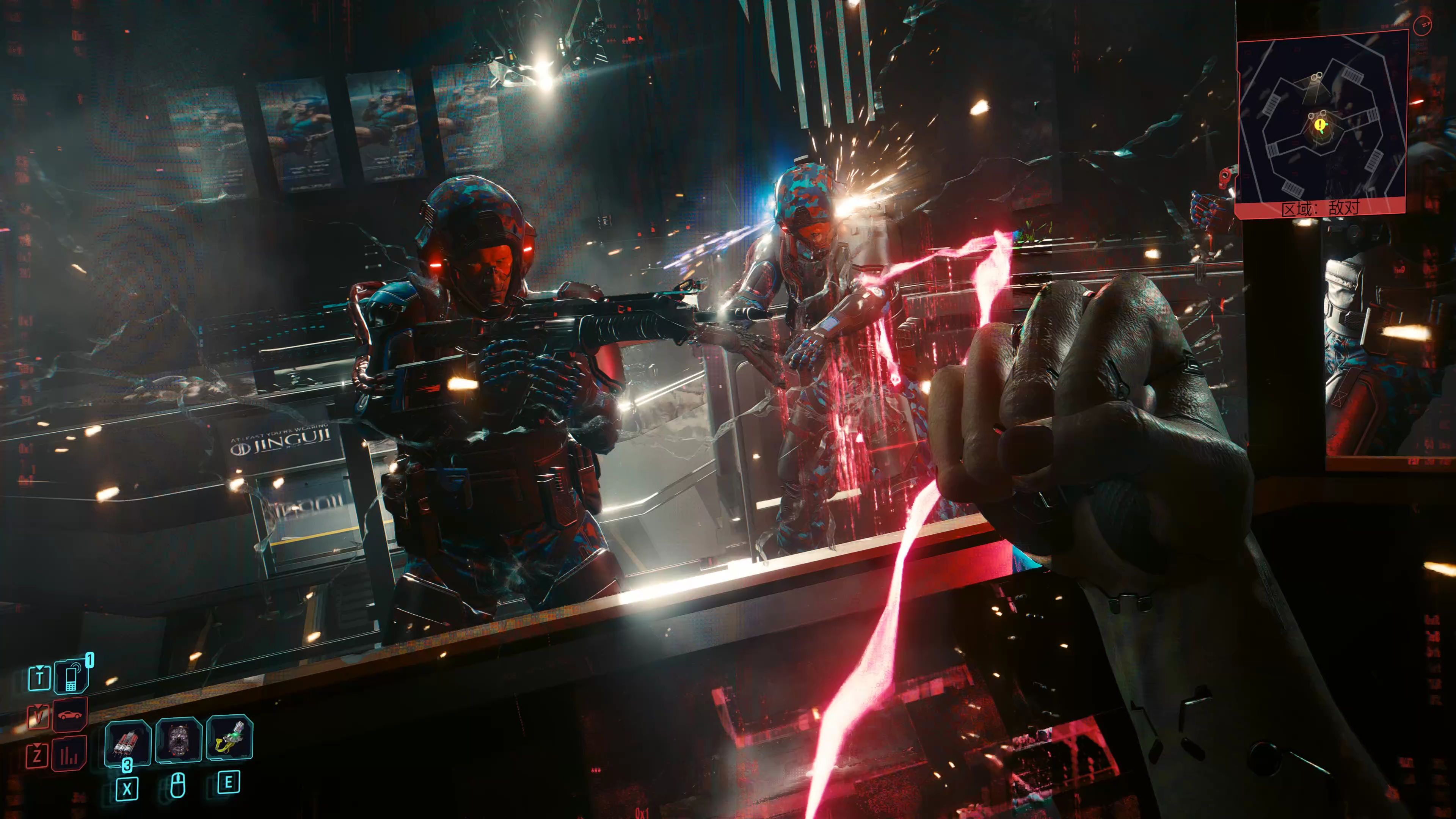Final Fantasy VII Remake Score: Classic Rebirth
Few video game soundtracks have left as indelible a mark on gaming history as Nobuo Uematsu’s original Final Fantasy VII score. When Final Fantasy VII Remake was announced, fans eagerly anticipated not only the visual and narrative overhaul but also the reimagining of its iconic music. The result? A breathtaking fusion of nostalgia and innovation—a score that honors the past while boldly stepping into the future.
The Legacy of the Original Score
Uematsu’s 1997 composition was revolutionary for its time. Limited by the technical constraints of the PlayStation’s MIDI-based sound, the original Final Fantasy VII soundtrack still managed to convey an astonishing range of emotion—from the melancholic Aerith’s Theme to the adrenaline-pumping One-Winged Angel. Each track was carefully crafted to enhance the game’s storytelling, making the music inseparable from the experience.
The challenge for Final Fantasy VII Remake was monumental: how do you reinterpret a soundtrack that is already legendary?
The Evolution of the Remake’s Score
Square Enix entrusted the remake’s music to a team of composers, including Uematsu himself (who returned to compose Hollow, the game’s main theme), along with Masashi Hamauzu (Final Fantasy XIII) and Mitsuto Suzuki (Final Fantasy XIII-2). The result is a dynamic, multi-layered score that blends orchestral grandeur with electronic and rock elements.
1. Orchestral Reinvention
Many of the original tracks have been fully orchestrated, giving them a cinematic depth that was impossible in 1997. The Prelude, for instance, retains its ethereal harp arpeggios but now swells with lush strings and choir, reinforcing the game’s epic scale. Similarly, Bombing Mission—the track that accompanies the iconic reactor raid—has been transformed into a high-octane orchestral piece with pounding percussion and sweeping brass.
2. Dynamic Arrangements
One of the most impressive aspects of the Remake score is its adaptive music system. Unlike the original, where tracks played in a fixed loop, the remake’s music dynamically shifts based on gameplay. For example, The Airbuster battle theme seamlessly transitions between different intensities—calm exploration, tense buildup, and full combat—without missing a beat. This creates a more immersive experience, where the music reacts to the player’s actions in real time.
3. Modernized Versions of Classic Themes
Some tracks have been reimagined with contemporary influences. Those Who Fight (Battle Theme) retains its iconic melody but now features heavier guitar riffs and electronic beats, making it feel fresh while still familiar. Tifa’s Theme has been given a jazzier arrangement, reflecting her confident yet warm personality.
Perhaps the most striking reinvention is One-Winged Angel. The original was a chaotic mix of Latin choir and rock, but the Remake version amplifies its intensity with a full orchestra, thunderous percussion, and a haunting choir. The result is a track that feels even more apocalyptic—fitting for Sephiroth’s menacing presence.
New Compositions: Expanding the Soundscape
While much of the soundtrack revisits classic themes, the Remake also introduces new compositions that enrich the world of Midgar. Hollow, the game’s vocal theme sung by Yosh (of Survive Said The Prophet), is a melancholic rock ballad that mirrors Cloud’s internal struggles. Its somber tone contrasts with the more hopeful Aerith’s Theme, reinforcing the emotional complexity of the story.
Additionally, tracks like The Valkyrie (the boss theme for the Roche fight) and Scarlet’s Theme introduce fresh musical identities that weren’t present in the original, expanding the game’s sonic palette.
The Emotional Impact of the Score
Music has always been central to Final Fantasy VII’s emotional weight, and the Remake’s score amplifies this. Aerith’s Theme remains one of the most poignant tracks in gaming, and its orchestral rendition in the Remake is even more heartbreaking, with delicate piano and strings underscoring her kindness and tragic fate.
Conversely, The Turks’ Theme has been given a slick, jazzy makeover, reinforcing their cool, professional demeanor. Even minor tracks, like Wall Market’s sleazy synth-funk, enhance the atmosphere, making Midgar feel alive in ways the original couldn’t achieve.

Conclusion: A Masterful Rebirth
The Final Fantasy VII Remake score is more than just a nostalgic callback—it’s a bold reimagining that respects Uematsu’s original vision while pushing the music into new territory. By blending orchestral sophistication with modern production techniques, the composers have created a soundtrack that stands on its own as a masterpiece.
For longtime fans, hearing these beloved themes reorchestrated is an emotional journey. For newcomers, it’s an introduction to one of gaming’s greatest musical legacies. In the end, the Remake’s score accomplishes what the game itself strives for: it honors the past while forging its own path, proving that some classics are truly timeless.















